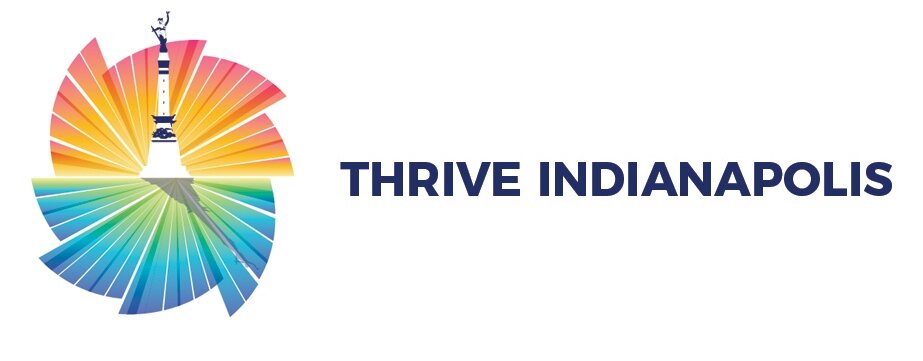RELEASE: Indianapolis Office of Sustainability awarded $787K to improve energy efficiency of municipal buildings
Indianapolis Office of Sustainability awarded $787K to improve energy efficiency of municipal buildings
INDIANAPOLIS -- Today, the City of Indianapolis's Office of Sustainability announced it received funding from the Energy Efficiency and Conservation Block Grant (EECBG) Program from the U.S. Department of Energy (DOE). The Office of Sustainability will utilize the $787,040 grant to lower energy use and decrease overall utility costs in municipally owned buildings. Investing in these changes will also reduce climate pollution and improve public health for all Indianapolis community members via healthier air quality.
"The generous funding from the U.S. Department of Energy will open up new opportunities for innovation and efficiency within the more than 200 city-owned structures throughout Marion County," said Mayor Joe Hogsett. "This support from our federal partners is key in helping make sure Indianapolis can stay ahead of the curve when it comes to combating climate change and reducing carbon emissions locally."
The funding will help support the following initiatives:
Partnering with the Purdue University School of Engineering and Technology, a DOE Industrial Assessment Center, to deploy their learn-on-the-job workforce training program to perform energy audits on up to 200 municipal buildings.
Utilizing a dynamic energy management software to track internal energy benchmarking data.
Building capacity with an Energy Manager who will interpret benchmarking data and develop an enterprise-wide Energy Team composed of stakeholders from various city departments and agencies.
The Energy Team will use the workforce audit program data to determine priority locations where high-efficiency updates would maximize impact, work with city staff to implement those installations, and capture the savings outcomes to finance future efficiency work.
The City of Indianapolis owns more than 200 buildings throughout Marion County with diverse uses ranging from office space like the City-County Building downtown to park family centers, police stations, fire stations, and public works facilities. The total square footage of indoor space is nearly 5.5 million square feet, demonstrating a great opportunity to implement energy efficiency measures. Even seemingly small changes, like LED lighting transitions or efficient HVAC equipment upgrades, can have a huge impact on a building's overall energy use.
"Ever since our office launched the city's energy benchmarking program, Thriving Buildings, in 2022, we have been collecting data on municipal buildings while empowering other large building managers in Indianapolis to do the same," said Mo McReynolds, Interim Director of the Indianapolis Office of Sustainability. "These funds from the DOE will allow us to catalyze on that progress, implement transformational changes to our built environment, and be a role model for other large building owners in our community."
The more than $430 million EECBG Program awards noncompetitive formula grants to communities across the country, made possible by the Biden-Harris Administration's Bipartisan Infrastructure Law (BIL). Indianapolis was one of 2,708 states, territories, local governments, and Tribes eligible to receive the flexible funding to meet unique energy needs.
"We are excited to begin a new partnership with the City of Indianapolis, one that provides valuable work experience for our engineering students and lets them give back to the community," said Dr. Ali Razban, Adjunct Associate Professor of Mechanical Engineering at Purdue University in Indianapolis. "All of us benefit from energy savings and emission reductions by breathing healthier air, a critical component of public health."
This $787K is part of more than $30 million in total grant funding that the Indianapolis Office of Sustainability has been awarded from the BIL and the Inflation Reduction Act (IRA), two federal policies that have provided more than a trillion dollars in incentives, grants, and loans to support new infrastructure investments in the areas of clean energy, transportation, and the environment. Other grant awards include a $500K Energy Future Grant from the DOE, a $15M Charging and Fueling Infrastructure Grant from the U.S. Department of Transportation, and two successful coalition applications to Solar For All from the Environmental Protection Agency.
###
